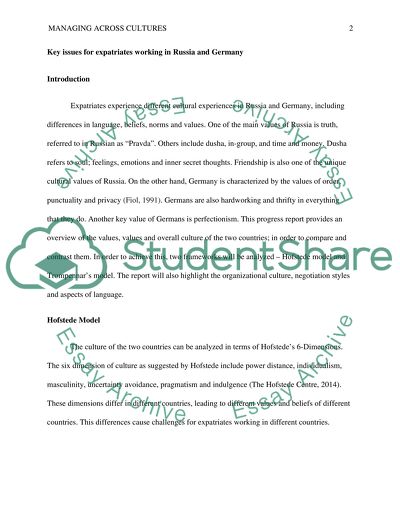Cite this document
(Different Cultura Experiences in Russia and Germany Term Paper, n.d.)
Different Cultura Experiences in Russia and Germany Term Paper. Retrieved from https://studentshare.org/sociology/1663028-managing-across-cultures-progress-report
Different Cultura Experiences in Russia and Germany Term Paper. Retrieved from https://studentshare.org/sociology/1663028-managing-across-cultures-progress-report
(Different Cultura Experiences in Russia and Germany Term Paper)
Different Cultura Experiences in Russia and Germany Term Paper. https://studentshare.org/sociology/1663028-managing-across-cultures-progress-report.
Different Cultura Experiences in Russia and Germany Term Paper. https://studentshare.org/sociology/1663028-managing-across-cultures-progress-report.
“Different Cultura Experiences in Russia and Germany Term Paper”, n.d. https://studentshare.org/sociology/1663028-managing-across-cultures-progress-report.


